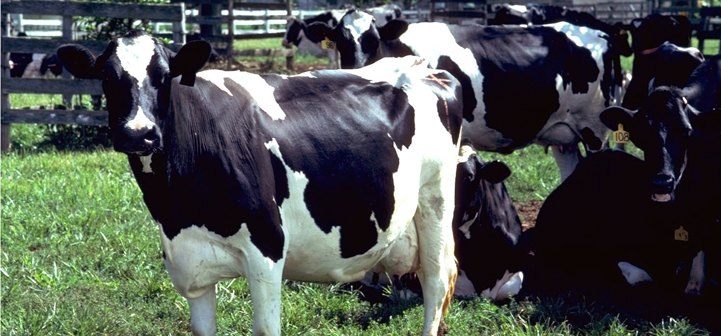
What happens when an infectious disease causing painful blisters spreads across a region, infecting hundreds of horses and cattle?
Tune in to Colorado 2014 Vesicular Stomatitis Outbreak and Response on Friday, May 29 at 2:00 p.m. EST to find out.
The webinar will be presented by Colorado State Veterinarian Dr. Keith Roehr. He joined the State Veterinarian’s Office of the Colorado Department of Agriculture in 1995 and was in charge of Colorado’s response to the 2014 vesicular stomatitis (VS) outbreak. Prior to working in the department, he practiced mixed and small animal veterinary medicine for 14 years. Roehr serves on several boards, including the National Animal Health Laboratory Network Coordinating Council and the Institute for Infectious Animal Diseases.
Dr. Roehr will discuss the impacts of last year’s outbreak on Colorado, how to prevent the spread of the disease, and what aspects of state response could be improved. “It was an intense fall. We completed more than 550 foreign animal disease investigations and closed out our last VS quarantine January 29 this year. Although there is strong collaboration between USDA, veterinary practitioners, the livestock and horse associations, and laboratory personnel, there can be more than 13 steps from the initial report to the quarantine release—that’s very costly to a producer.” His best advice for livestock owners: “Control flies and practice good biosecurity all the time.”
Vesicular stomatitis is a virus that primarily affects horses and cattle. Swine, sheep, goats, camelids, and hooved wildlife will occasionally become infected. The virus is spread by black flies, sand flies, and biting midges.
Dr. Susan Kerr, a Washington State University Extension Livestock and Dairy Specialist, will moderate the session. “Federal, state and local veterinarians, as well as Extension educators, are among the many who are concerned about animal health including infectious diseases. Dr. Roehr is well qualified to provide livestock owners with practical actions to protect livestock from diseases such as vesicular stomatitis. We’re pleased to offer this webinar featuring Dr. Roehr.”
If you want to learn about vesicular stomatitis, last year’s outbreak in Colorado, and lessons learned from the response, join us on May 29 for this free webinar. Click here to log-in as a guest and participate in the event. The webinar will also be recorded for later viewing. To receive notifications about the webinar and to add it to your calendar, go to Learn.
This webinar is brought to you by the Extension Disaster Education Network and its eXtension Community of Practice.
Interested in other information about Vesicular Stomatitis? Here are resources for your review from eXtension and USDA Animal and Plant Health Inspection Service (APHIS).
